A call for evidence has been launched to ensure the delivery of the infrastructure required to meet the 2035 and 2040 phase out dates for non-zero emission heavy goods vehicles (HGVs).
The Government confirmed last year that it would end the sale of new, non-zero emission HGVs less than or equal to 26 tonnes from 2035, and all new non-zero emission HGVs from 2040 (first announced at COP26 in November 2021).
However, there has been uncertainty over the phase out dates for heavier vehicles since the Prime Minister, Rishi Sunak, announced last month that the ban on the sale of new internal combustion engine (ICE) cars and vans from 2030 would be delayed by five years to 2035.
The PM did not mention what that could mean for the previously announced 2035 and 2040 phase out dates for ICE trucks and HGVs. And, when the Department for Transport (DfT) was quizzed by Fleet News on the issue, it simply referred to the PM’s announcement which made no mention of the Government plans in this area.
This call for evidence, however, confirms that the Government is working towards the original phase out dates as it develops an infrastructure strategy for the sector.
Last year’s Future of Freight: a long-term plan mentioned that the Government would develop a plan for zero emission HGV infrastructure rollout and this call for evidence is part of the work being completed to deliver it, said the DfT.
It explained that it would complement its engagement with industry in recent months, including the Government’s Freight Council and establishing the Freight Energy Forum, and important position papers from industry representatives, including the SMMT’s ‘Charging and Refuelling Requirements of the Heavy Goods Vehicle Sector’ and Logistics UK’s ‘Electric Vehicle Report 2023’.
The call for evidence is part of a freight ‘week of action’, which includes £200 million being awarded to four trials involving the rollout of up to 370 zero emission HGVs.

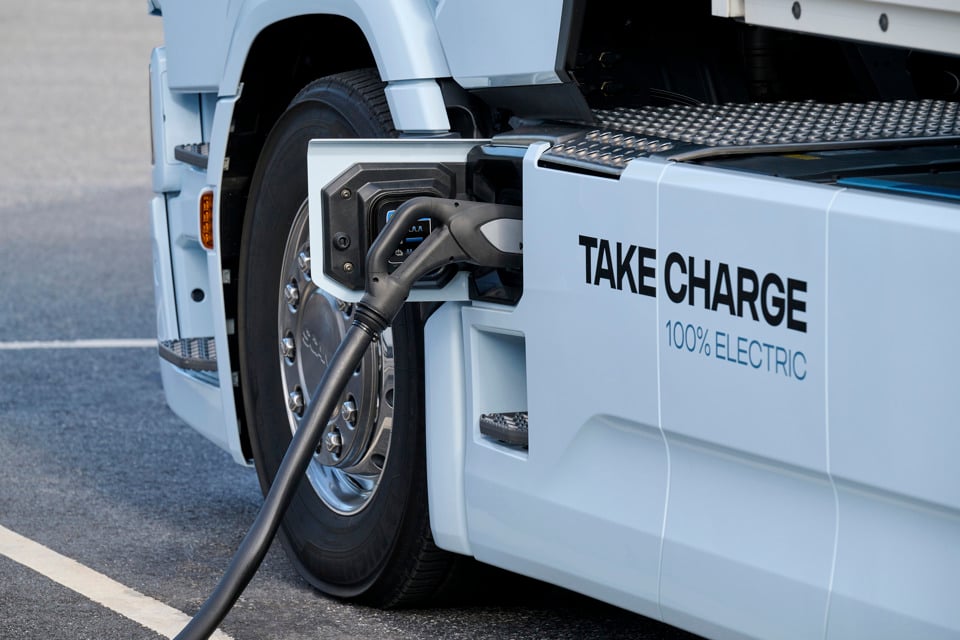




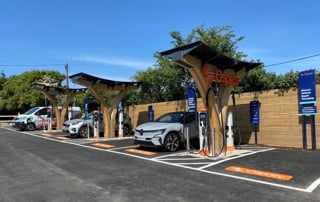
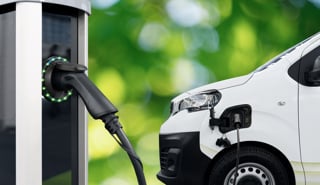
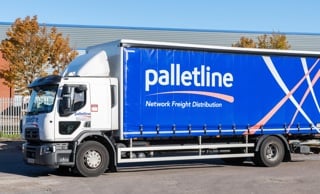

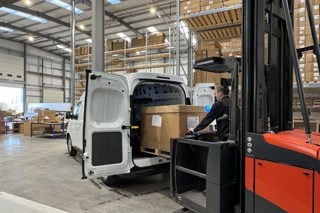












Login to comment
Comments
No comments have been made yet.